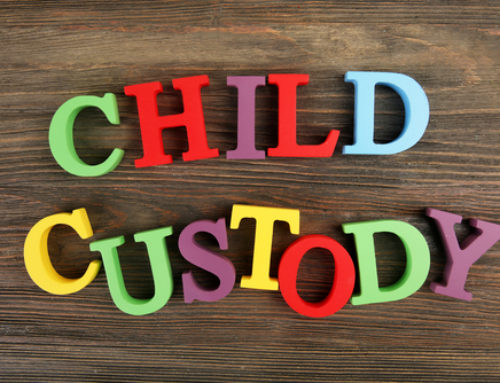Couples who chose to divorce have ultimately come to a decision that they no longer want to share in one another’s day to day lives. While a divorce often provides for separate residences, bank accounts and relationships; couples who have children are tied together for life.
It’s important for divorced parents to impress upon children the idea that they are still a family, just a different type of family. With separate addresses, social schedules and new relationships, it is possible that children may feel displaced and insecure. These feelings can lead to a child developing anxiety and emotional problems that may cause them to act out in ways that are out of character.
Regardless of the circumstances that preceded a divorce, most parents would agree they want what is best for their children. Despite this, however, many parents tend to engage in behaviors aimed to sabotage their ex-spouse.
One common way mothers act out is by being overbearing and controlling. Whether intentional or not, providing detailed directions related to every aspect of a child’s day or calling the child to constantly check-up when they are with their father is harmful to both the ex and child. Both ex and child are likely to internalize the mother’s meddling as a sign of the father’s incompetence, which can lead to feelings of resentment and hostility.
Another ill-directed way fathers try to sabotage their ex-spouse is by withholding child support payments. While fathers may contend their child is not being hurt in the process, the reality is that raising children is expensive and it’s highly likely that monies paid towards child support are indeed being used to provide for the children. Therefore, withholding or failing to pay child support on time only serves to ultimately punish the children.
When divorcing, couples with children need to adjust their attitude and viewpoint towards their ex-spouse. While the marriage may have ended, being a good father and mother to the children must continue to be a top priority.
Source: The Huffington Post, “You May Be Divorced, But You’re Still a Family,” Virginia Gilbert, Aug. 3, 2012




